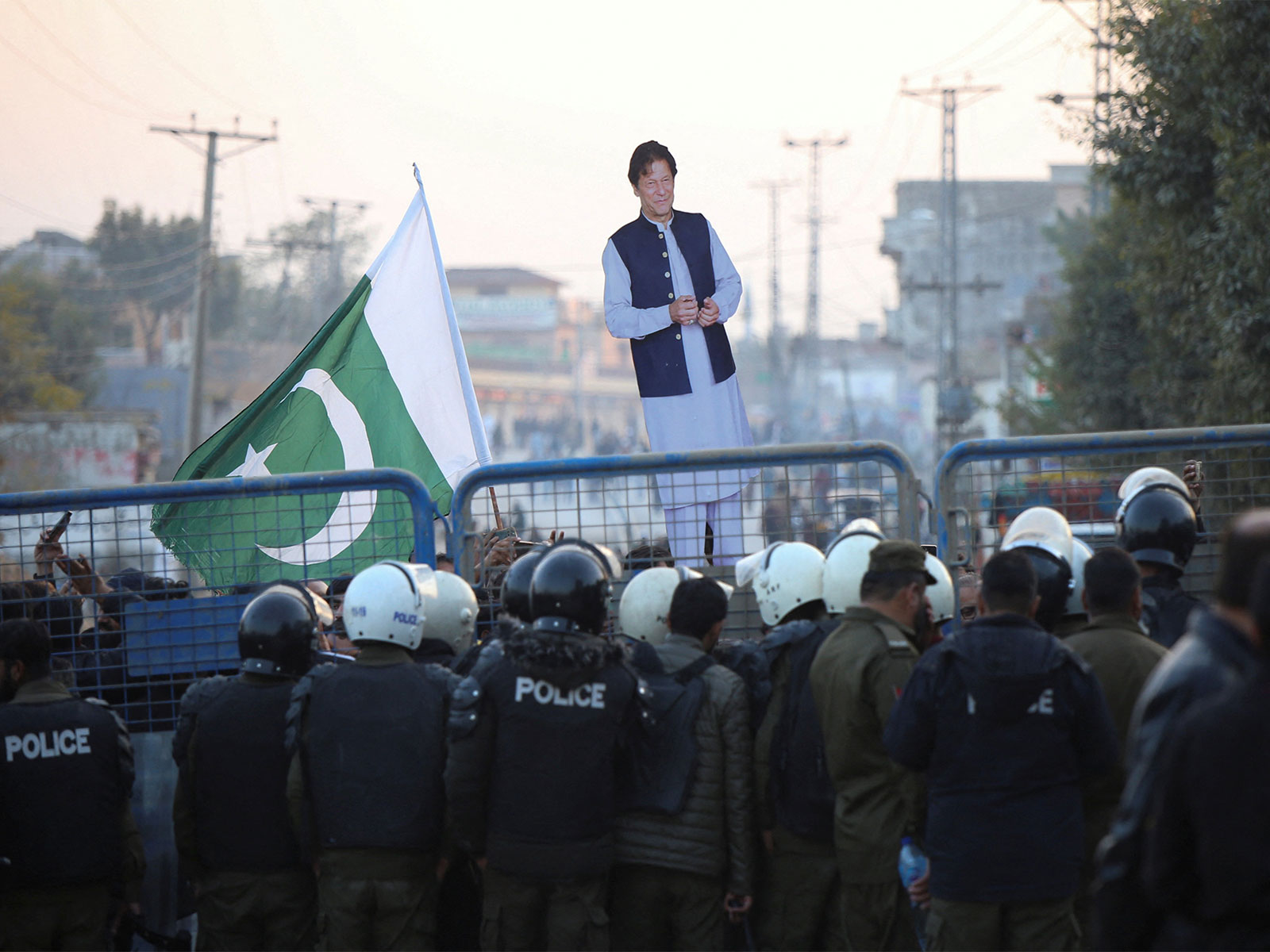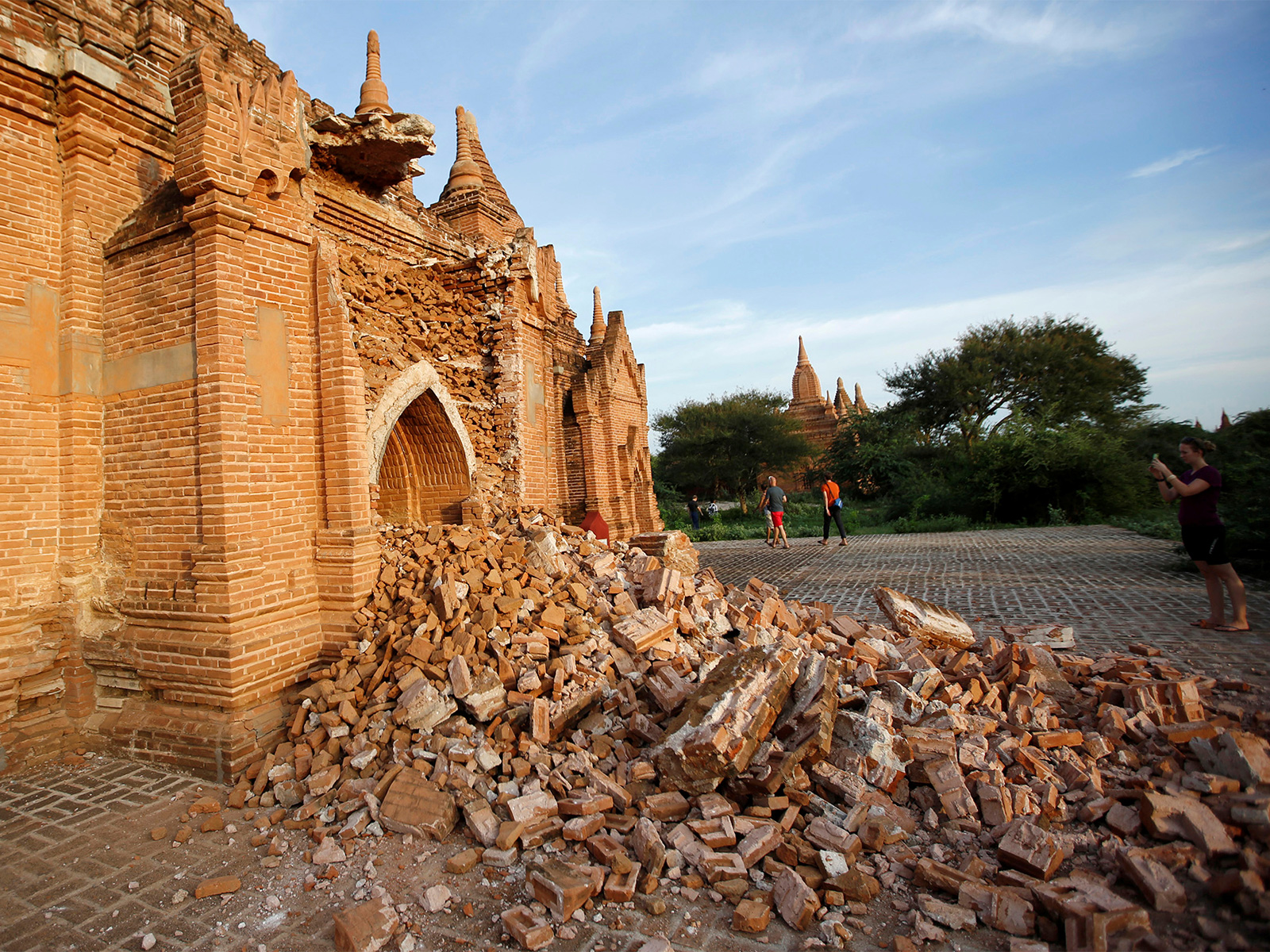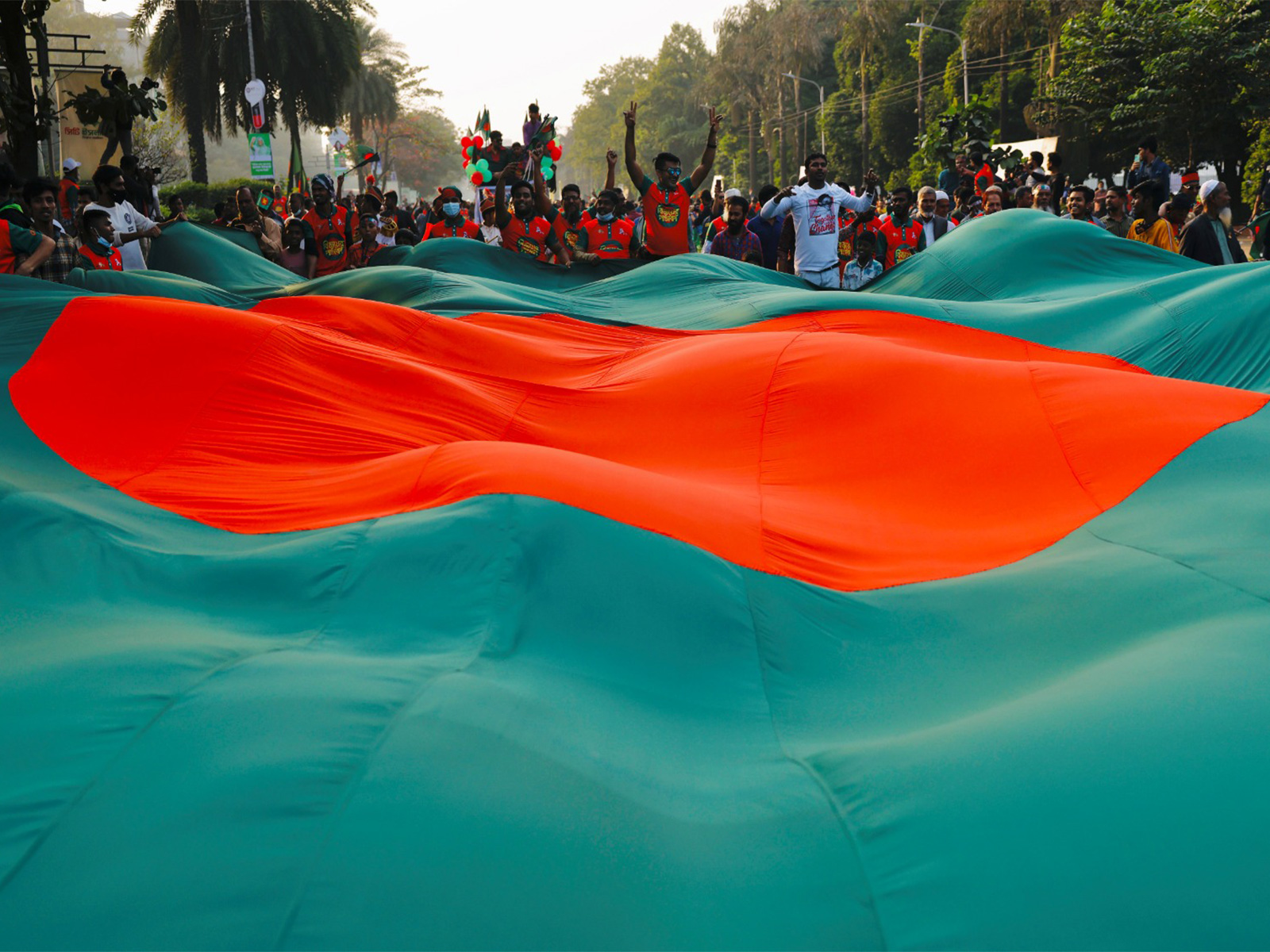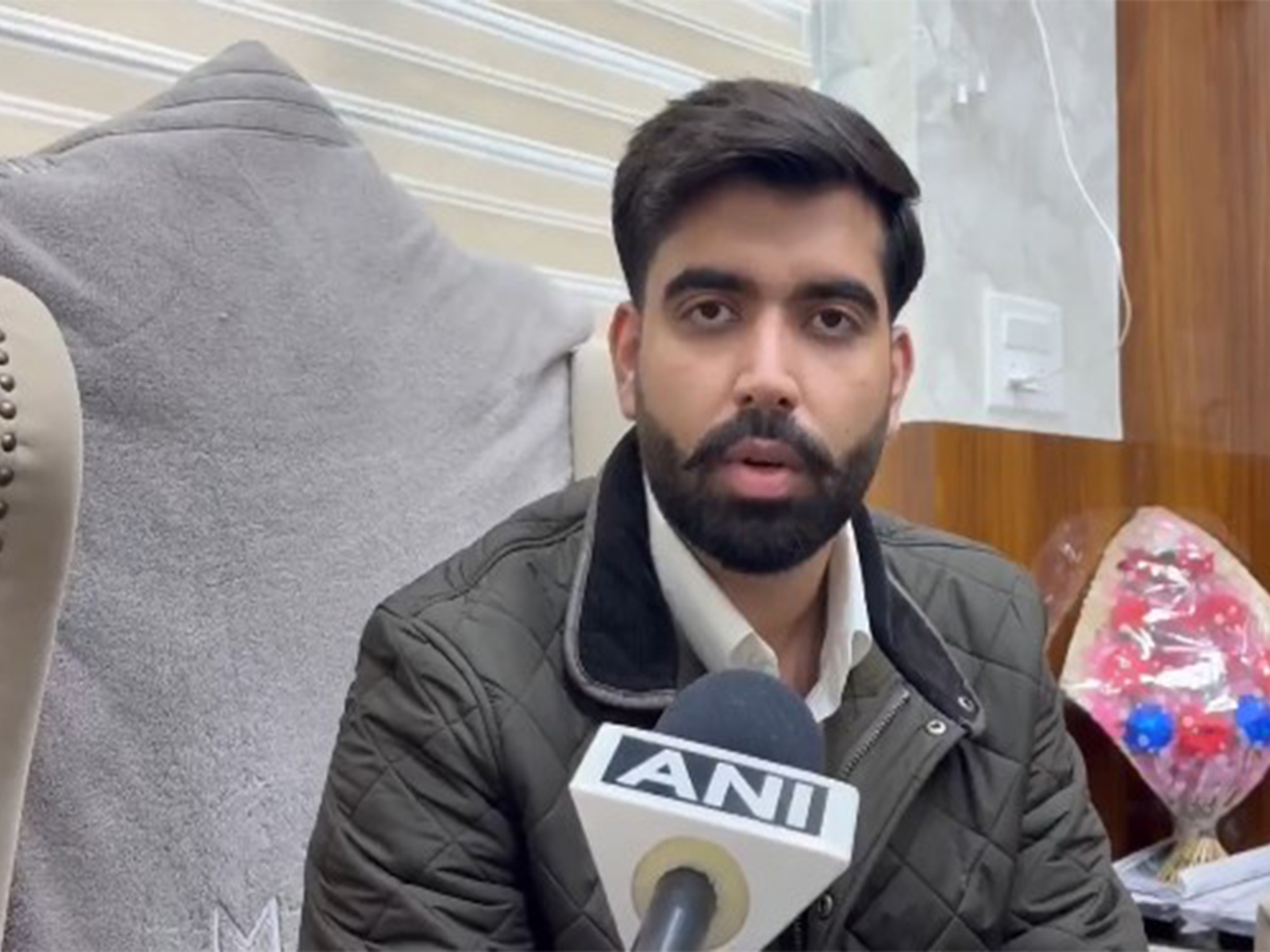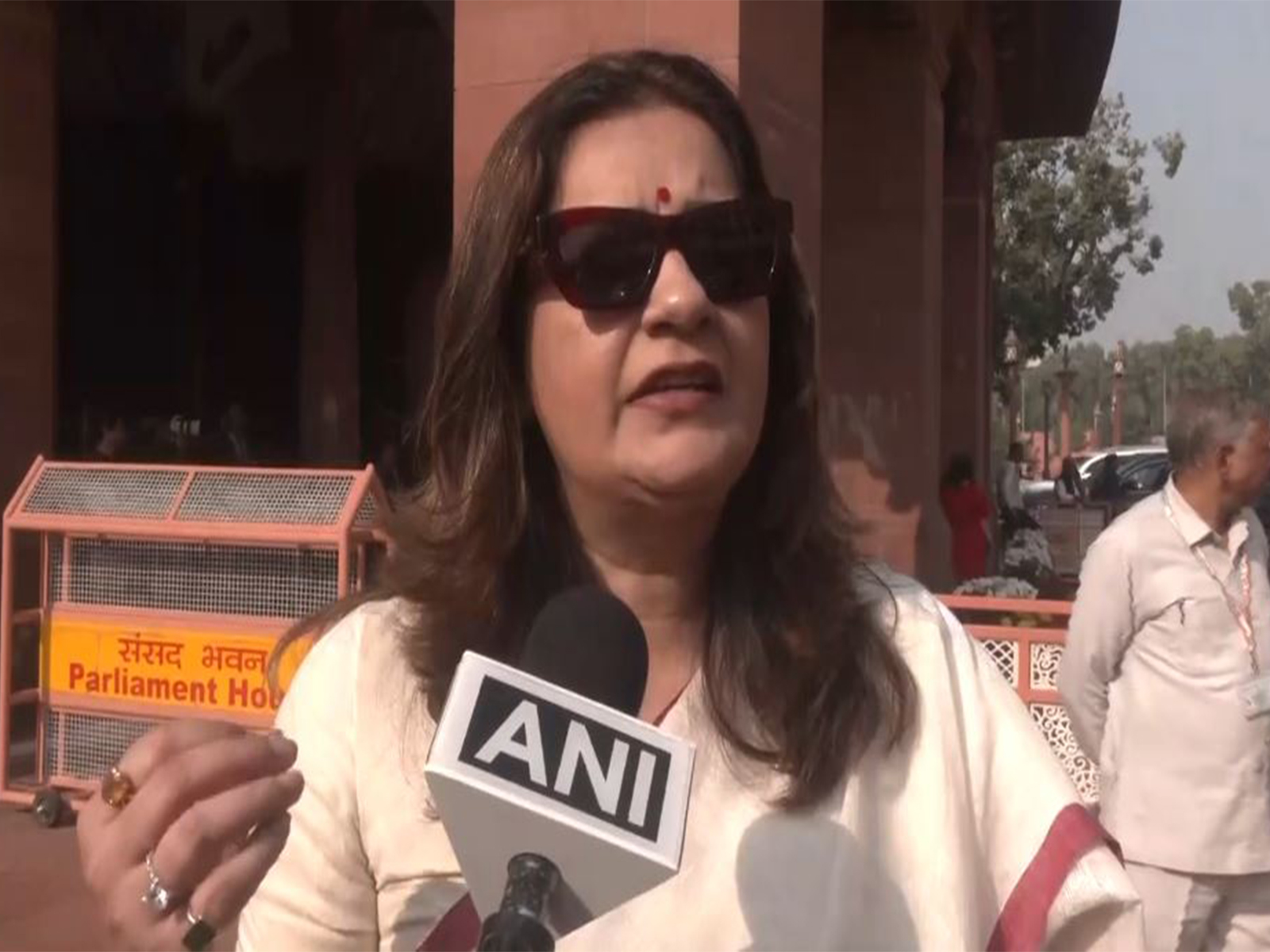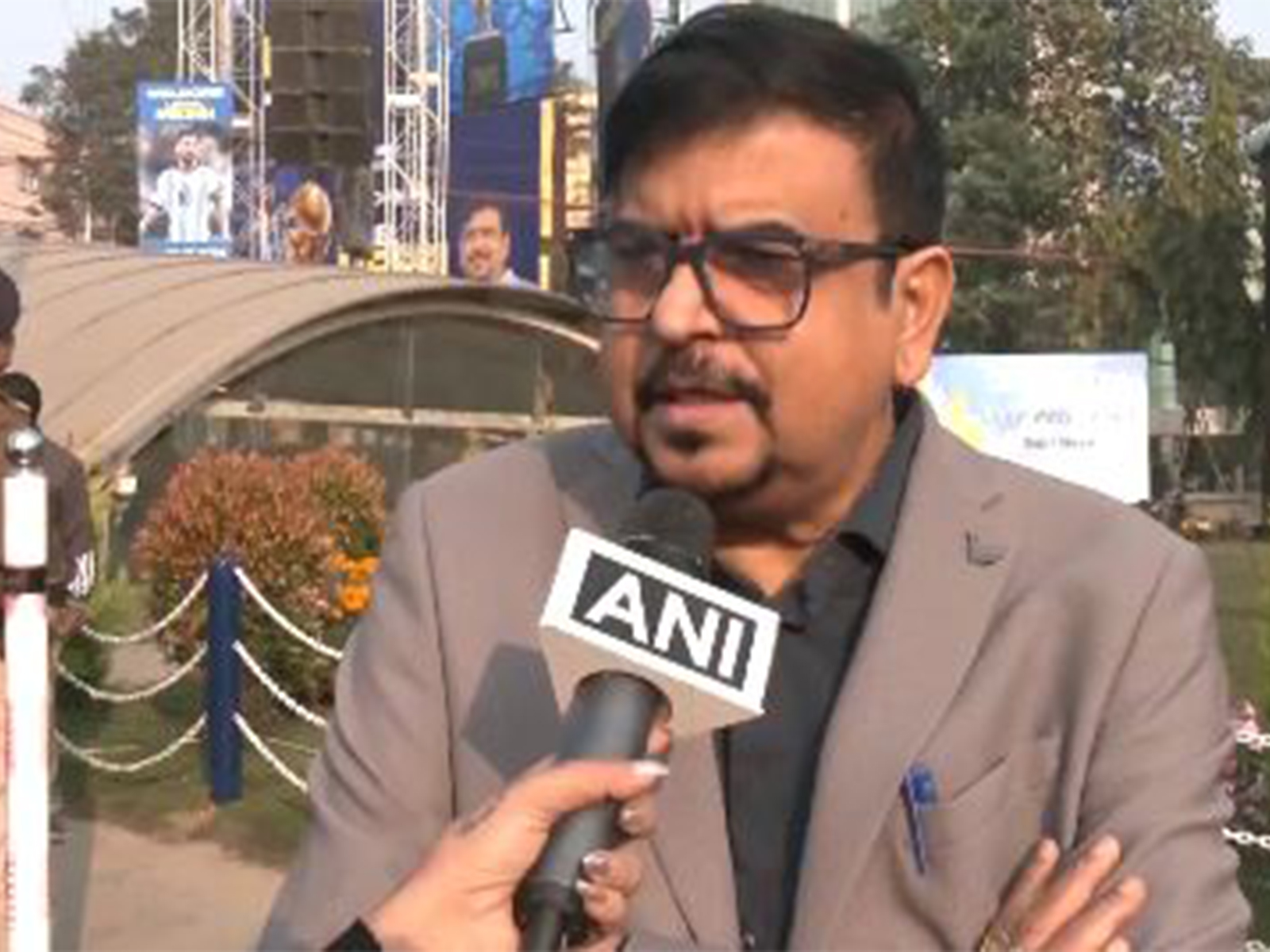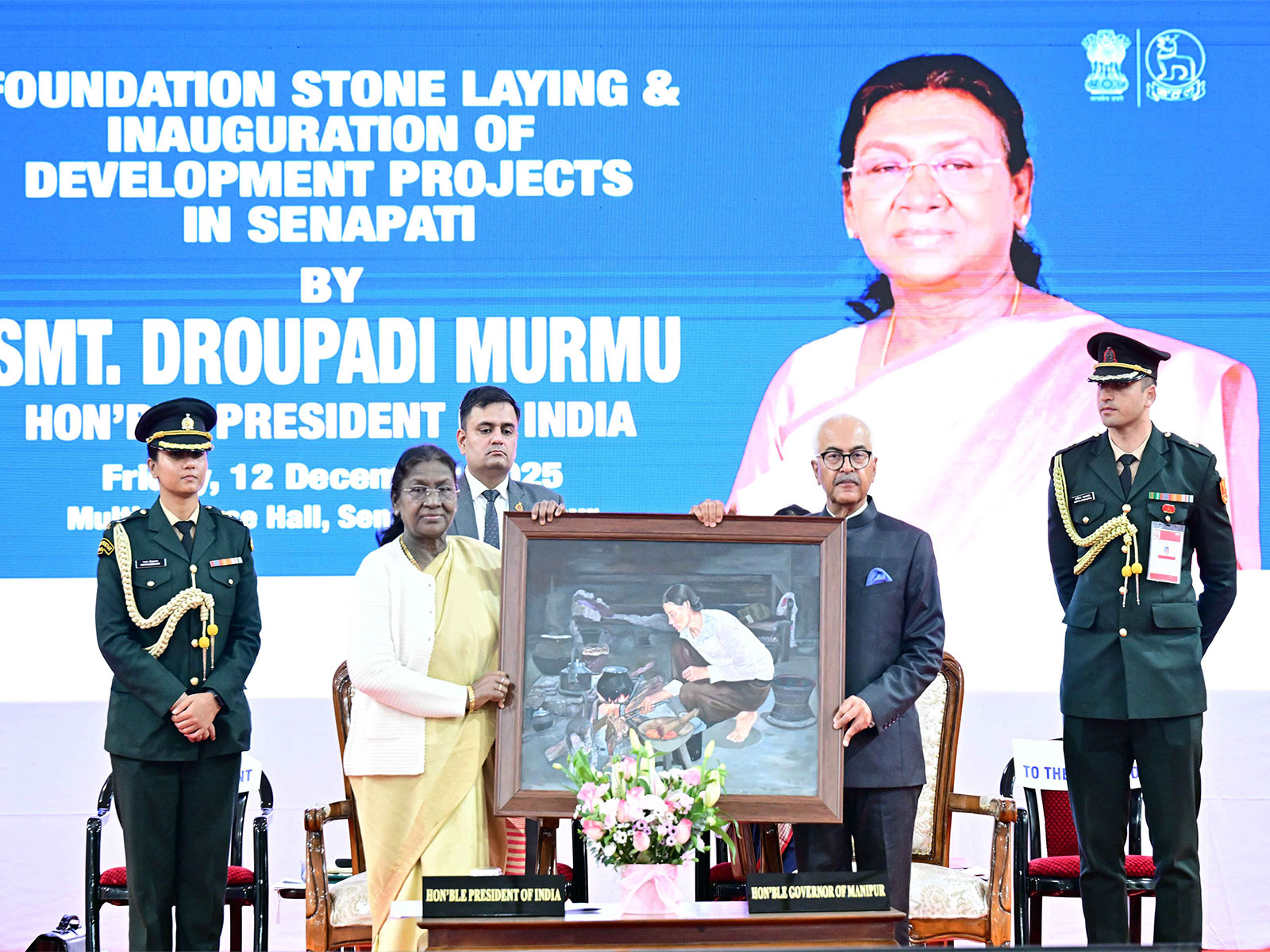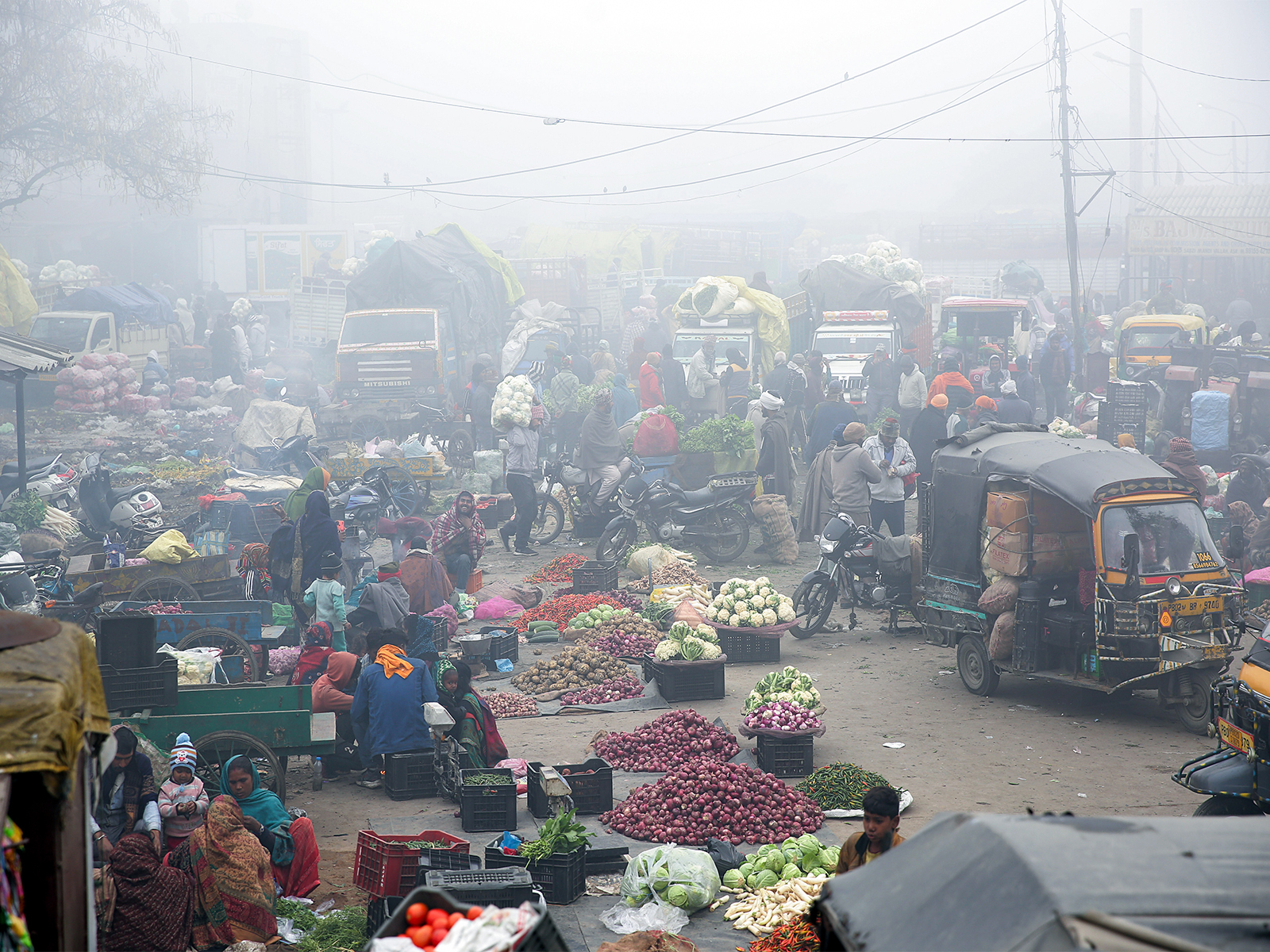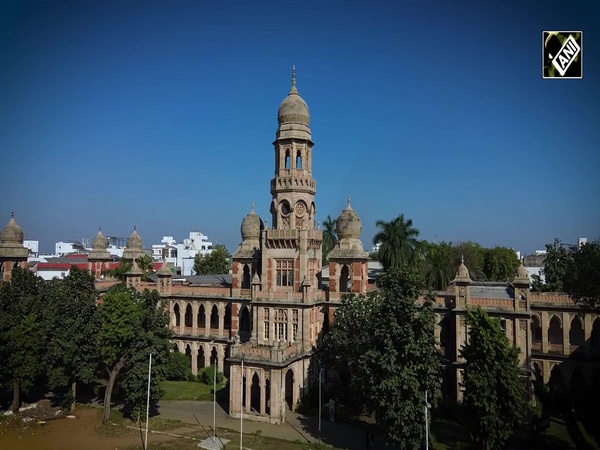Rights activists highlight concerns over terrorism, extremism in Pakistan, call for action at international symposium
Mar 12, 2024

Geneva [Switzerland], March 12 : In a symposium held in Geneva, experts and activists shed light on the ongoing issues of terrorism and religious extremism in Pakistan, emphasising the impact on peace in South Asia.
The symposium opened with a sobering discussion on the historical use of religion and terrorism as state policies in Pakistan, affecting marginalised communities such as Pashtuns, Baloch, and Sindhis.
Activists emphasised the urgent need for the international community to take notice and hold Pakistan accountable on a global platform.
Participants voiced concerns over the persistence of policies, alleging manipulation in the electoral process and a lack of transparency in the democratic mechanisms.
The potential repercussions of these issues on the stability of the region were underlined, with warnings of possible disintegration if corrective actions are not taken promptly.
The need for political dialogue and the release of certain political figures from imprisonment became focal points in discussions about potential solutions.
The symposium aimed to draw attention to the alarming situation in Pakistan and its potential consequences for regional peace. It called for accountability, transparency, and international intervention echoed throughout the discussions, emphasising the urgency of addressing the escalating challenges posed by terrorism and extremism in South Asia.
Fazal-Ur Rehman, President of Khyber Institute, highlighted the historical oppression faced by Pashtuns, Baloch, and Sindhis, attributing it to the use of religion and terrorism as state policies by Pakistan.
"As you know, right from the inception of convoluted state of Pakistan, the religion and terrorism has been used as state policy and tool to oppress and suppress the historical nations of Pakistan. Just like Pashtun's Baloch and Sindhis. And you know about the consistent continuous wars in Balochistan in which thousands of innocent people in Baloch have been killed and thousands are possibly disappeared and tortured," he said.
He urged the international community to take notice of Pakistan's actions and make the state accountable to the United Nations and the International Court of Justice. "So it's very important for the international community to take notice of the State's process terrorism in the region and make the state of Pakistan accountable to United Nations and the International Court of Justice," the Pashtun political activist added.
Sardar Shaukat Ali Kashmiri, Chairman of UKPNP, expressed concern over the persistence of Pakistan's policies, citing manipulated elections and a lack of transparency. He warned of potential disintegration if the establishment fails to learn from history, calling for international attention to the dire situation.
"Actually the Pakistani situation is much worse because establishment has not changed its policies. Still they believe in their proxies and especially in our areas the terrorist infrastructure, training camps are still intact and the situation is worse. And you people have seen the elections in Pakistan. It is the establishment who manipulate whole election. It was not transparent, it was not free and fair elections and ultimately in the society there is a big chaos and in my opinion Pakistan is going to break because Pakistani establishment did not learn any kind of lesson from history," the Chairman of UKPNP said.
Charles Graves, President of FICIR and ICAT, initially viewed Imran Khan as a potential agent of change. However, he expressed disappointment in the government's apparent return to old systems, emphasising the need for political dialogue and Khan's release from prison.
"Well, Pakistan, in my opinion, is a problematic country because it doesn't seem to be able to deal with the terrorist type of people in the army and so on. But with Imran Khan, it looked like it could make a change. But the fall of Imran Khan, it has gone back to the old system. But Imran Khan could be a solution, at least for some of the people," Graves said.
Human rights activist Arif Aajakia accused Pakistan of being the "epicenter of global terrorism" and the biggest exporter of religious extremism. He called for drastic measures, urging the international community, especially the United Nations, to declare the Pakistan Army and ISI as terrorist groups, impose sanctions, and bring Pakistani military officers to the International Court of Justice for war crime tribunals.
"Pakistan is epicentre of global terrorism and it has always promoted religious extremism in different part of world, especially in the neighboring countries of India, Afghanistan and even recently Iran also attacked by missiles in Pakistan targeting a religious extremist outfit created by the mother of all terrorism interservices intelligence, ISI of Pakistan," he said, lamenting Pakistan.
The speakers collectively conveyed a message to international authorities, emphasising the need for decisive action to address the escalating situation in Pakistan and its implications for regional peace. The call for accountability and intervention aims to safeguard human rights and counter the influence of terrorism and extremism in the South Asian region.
The symposium, titled "Religious Extremism and Terrorism in Africa and Asia," sought to address these concerns and shed light on the role of Pakistan in promoting religious extremism globally.
